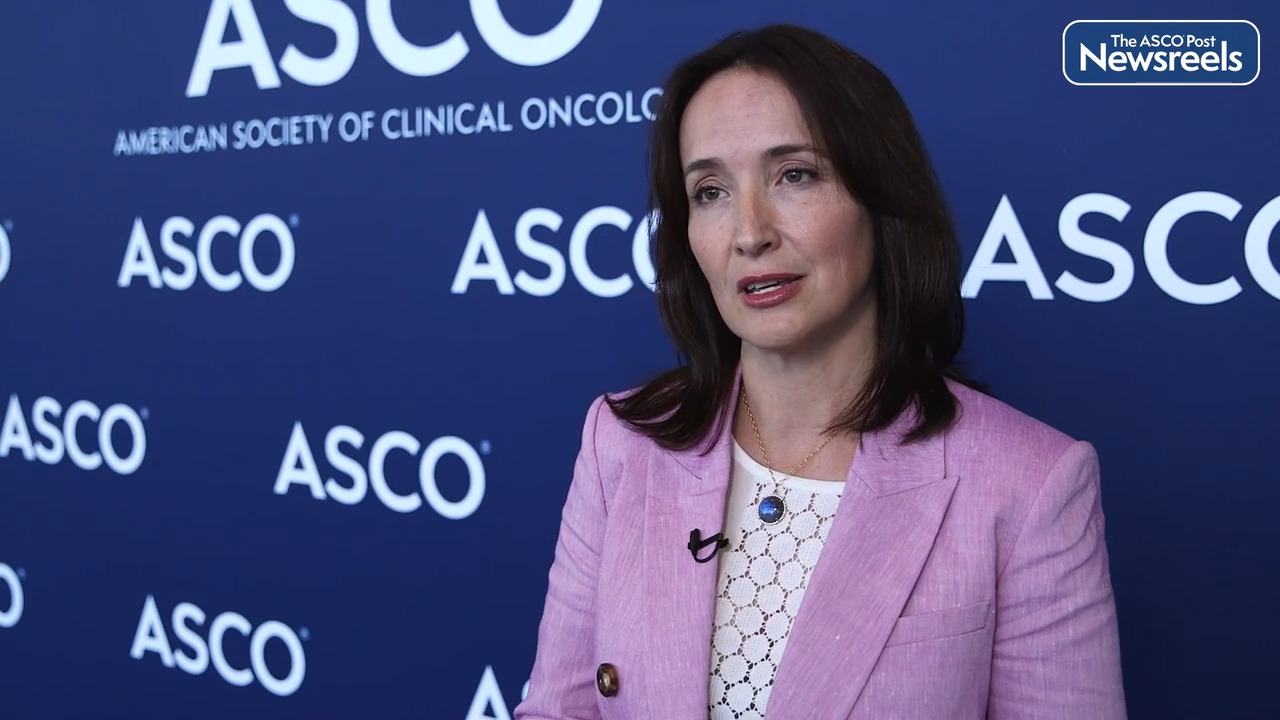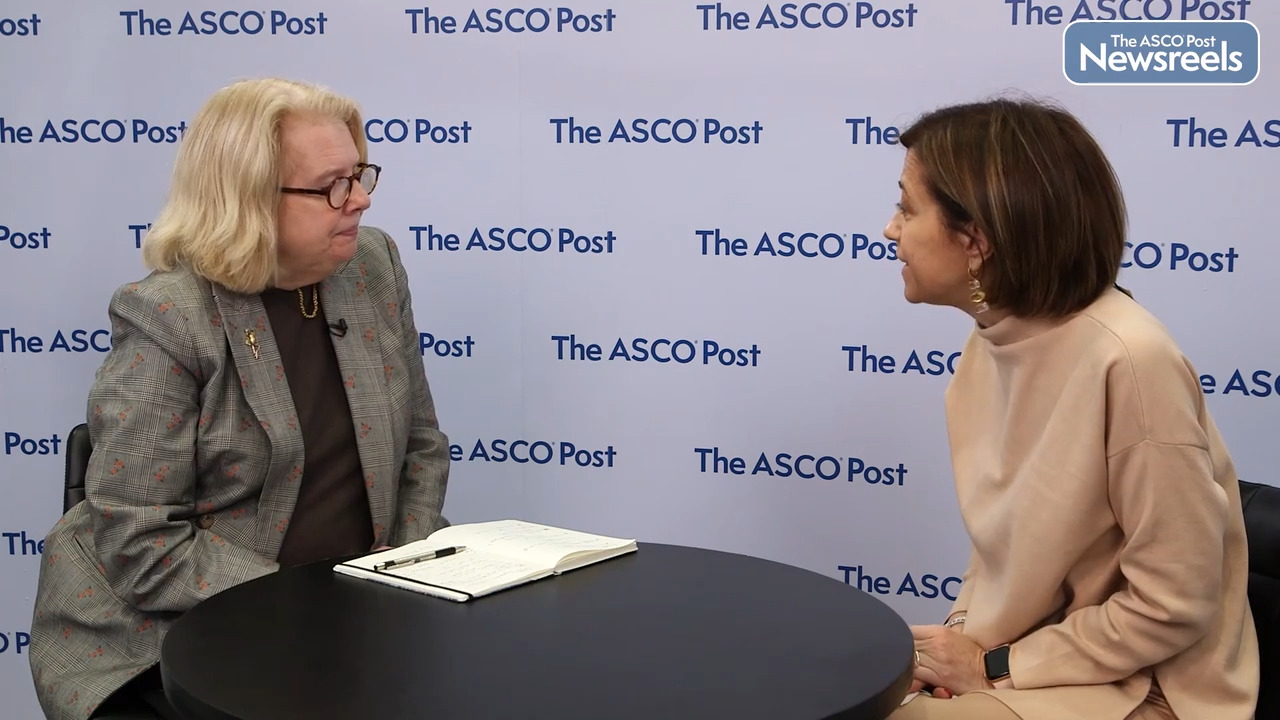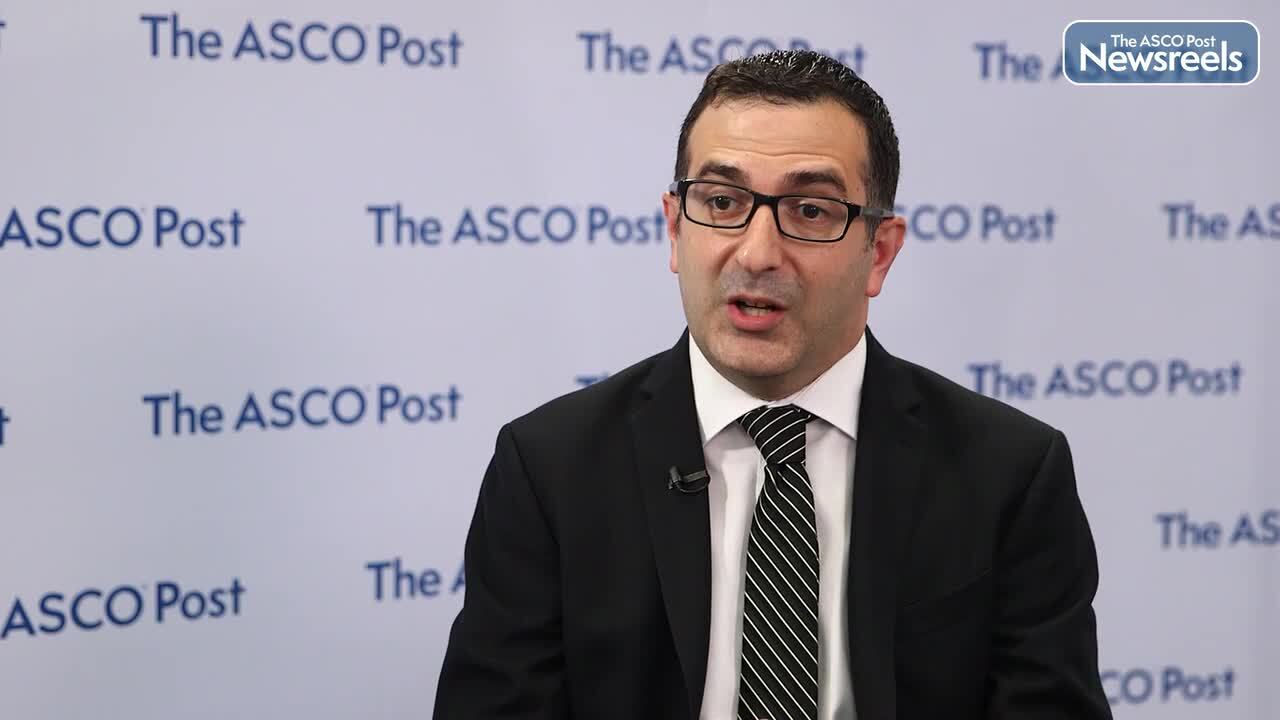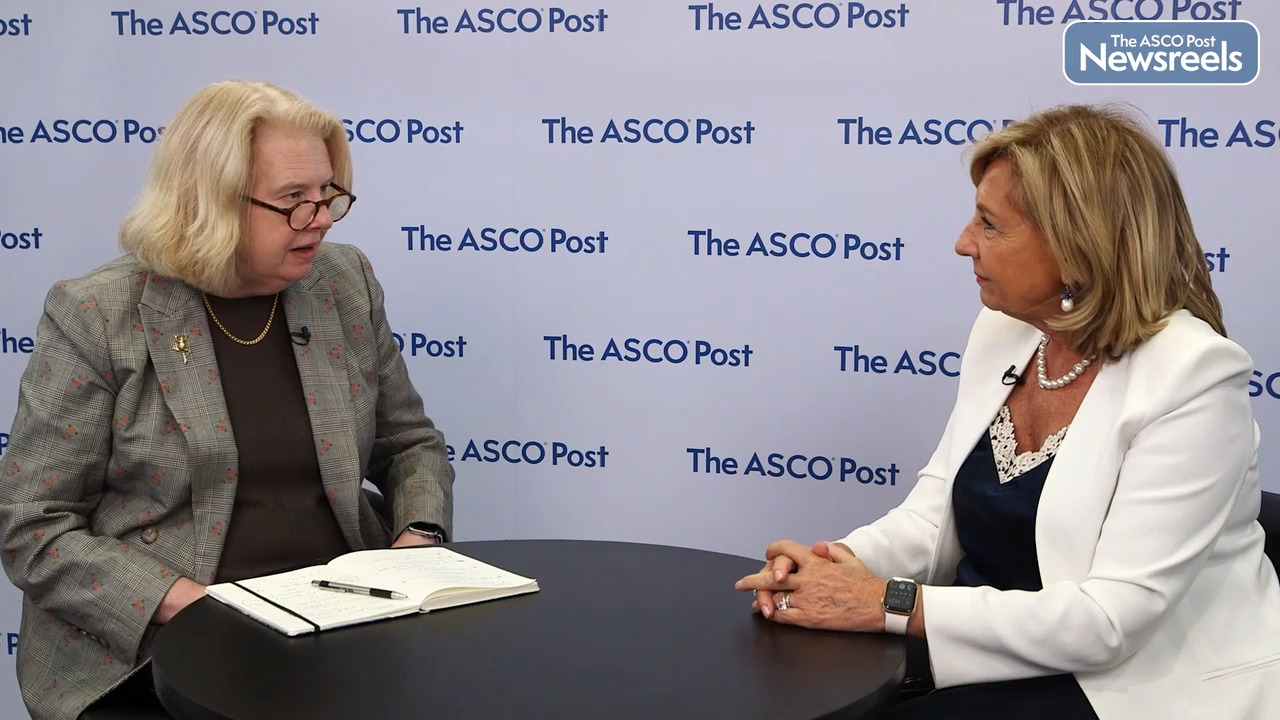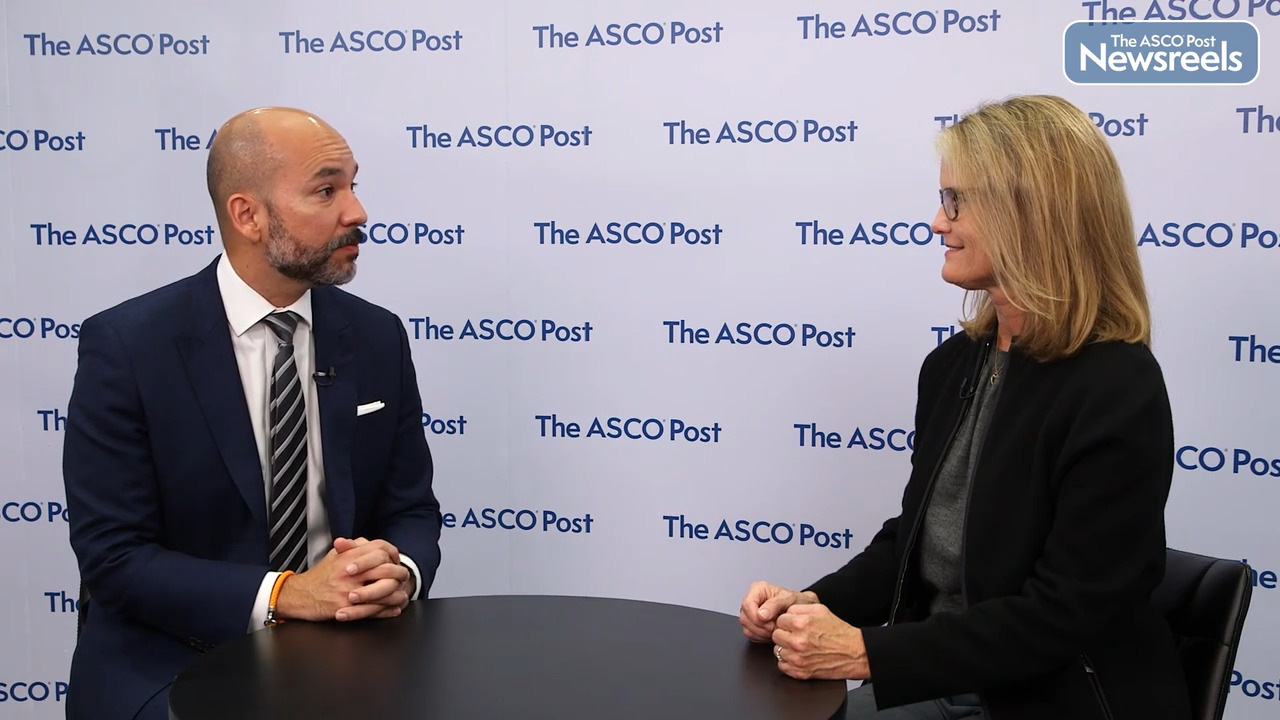Transcript
Disclaimer: This video transcript has not been proofread or edited and may contain errors.
1,000 patients, prospectively analyzed for pathogenic variations via germline testing. That's what we did, 15 US urology sites, combining both community and academic sites. We presented our findings at ASCO 2021. At that point we revealed, in an oral podium presentation, that 50% of the PGVs, the pathogenic variants of germline, were within NCCN criteria and 50% were outside NCCN criteria. At ASCO 2022, we're presenting now the clinical considerations. What did our colleagues do with this information? Again, of note, 50% of the patients who received germline testing, would've fallen outside of NCCN criteria. This is important because we're really trying to democratize, and open up, germline testing to anyone with a diagnosis of prostate cancer. In our study, it included patients who had metastatic disease, biochemical relapse, newly diagnosed, prostate cancer. Furthermore, of our 1000 patients, 21% identified as nonwhite, so we had a very significant Black and Latino population. I think this is incredibly important given the ongoing themes of inclusion, equity, and disparity, which ASCO is promoting. Of note of our patients, 10% had pathogenic variants. Interestingly, it was around a discordance of 12% white and 4% in the black population, despite the 80-20% prevalence that we obtained. Now, interestingly, we had a two thirds higher number of patients in the black population who had alterations, gene alterations, of uncertain variations, or VUSs. This, I think, speaks to the fact that we've normalized VUS in a much greater way for the white population, not just in the US, but globally. Regarding the clinical considerations, our colleagues utilized clinical trials when there were PGVs that were found positive. The top five PGVs of the five, four out of the five were in DDR alterations. As we all know, we have PARP inhibitors and other findings that are actionable, certainly in the US, there's an FDA approval for PARP inhibition. Then another significant amount of patients went on to clinical trials. Remarkably and profoundly, more than two thirds of patients ultimately received referral to certified genetic counselors, or some form of genetic counseling, via telehealth, or from the sites themselves. There are certain limitations to our study in that it was a one shot time assessment. We are looking at longitudinal assessments. These were in urology community practices. It may be different at academic medical oncology sites, but what's important to note is that this had a very favorable, when we looked at questionnaires from the sites that participated, that they felt us, it was not only implementable, actionable, but also of great value for them as well as in the patient physician shared decision making.
